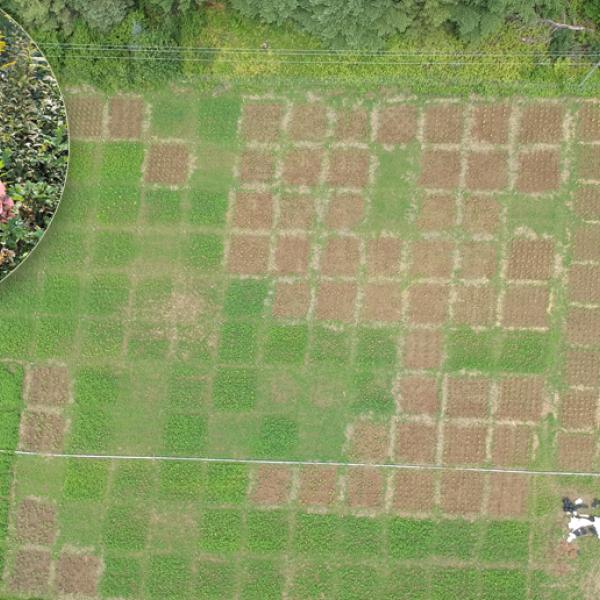In 2014, three days before Christmas, nearly 200 people in Iroquois Falls found themselves out of a job. After more than a hundred years, the local newsprint mill — the Northern Ontario town’s largest employer — was closing. It was another casualty of a declining sector plagued by low prices, shrinking demand and increased competition from other countries.
“Unless we diversify the product portfolio of the pulp and paper industry, we will have a problem,” says Michael Paleologou, a lead scientist with the forest research organization FPInnovations.
“It’s very important that we retain the jobs in these rural communities. Being able to have an additional, high-value product to sell will help.”
In response, researchers from Lakehead University in Thunder Bay, Ont., have teamed up with FPInnovations and forest product companies. Together, they’re creating value-added chemicals out of an underused byproduct of the pulping process called lignin. Bioproducts derived from this organic polymer range from new adhesive formulations for the wood products industry to additives that strengthen concrete to wastewater treatment flocculants to nanoparticles for cancer treatment.
The CFI-funded project fuels Northern Ontario’s emerging bio-economy — creating new revenue streams for pulp and paper companies, new business opportunities for lignin processors and product developers, and greater security for the 20,000+ Ontarians employed in the sector.
“It’s very important that we retain the jobs in these rural communities,” says Paleologou. “Being able to have an additional, high-value product to sell will help.”





